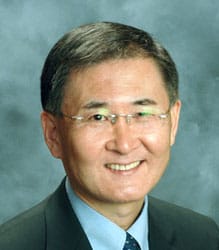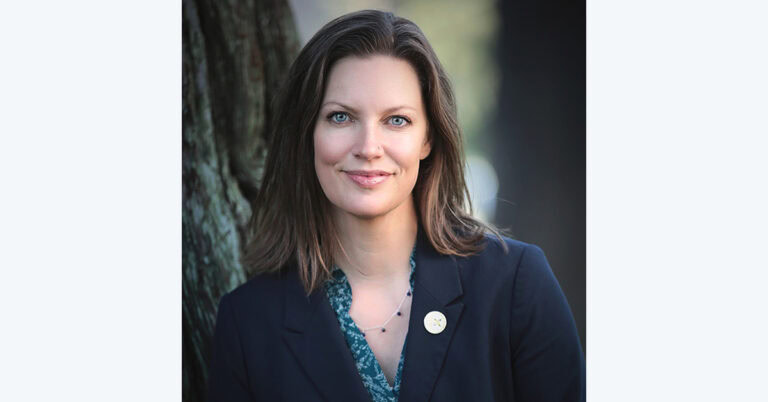Deputy Director
CCST Council Member Named President of KAIST
February 21, 2013 | CCST Newsroom | Contact: M. Daniel DeCillis

CCST Council Member Sung-Mo “Steve” Kang has been appointed the new president of the Korea Advanced Institute of Science and Technology (KAIST), Korea’s leading technology school. Kang’s four-year term is scheduled to begin on February 23.
“I did not expect this development,” said Kang. “KAIST is facing some organizational challenges, and there was a need to find someone relatively quickly to steer the institution into a more constructive environment. My experience at [the University of California] Merced was felt to be an asset.”
Kang, an electrical engineer with a wealth of experience from a long and distinguished career in both private industry and higher education, served as Chancellor at the recently founded UC Merced from 2007-2011.
“During my time at Merced we were able to eliminate doubts about the viability of the new campus, bolster the faculty, and improve enrollment,” said Kang. “KAIST is a much older institution, and faces different challenges, but the need to establish a similar harmony is there.”

KAIST is a prominent public research university in Daejeon, South Korea. It has an enrollment of nearly eleven thousand students. The institution helped pioneer the establishment of competitive research oriented graduate school programs in Korea; today, KAIST ranks as one of the top 25 engineering and technology institutions in the world, and its 605 faculty conduct research in cooperation with academies and industries in numerous countries.
The institution has been experiencing conflicts between its faculty council and its administration, which has been attempting to modify tenure rules for professors in a bid to make the university’s research more competitive.
“KAIST research remains outstanding,” said Kang. “The question is simply one of ensuring that the system of tenure review is as rigorous as possible, so that the university can continue to remain competitive in the face of stiff worldwide competition.”
Kang has served on the CCST Council for three years. He was about to begin a second three-year term when his nomination to KAIST forced him to step down from the Council. He says that CCST’s focus on providing policy advice with a long-term view is one of its strongest assets.
“CCST is focusing on issues that are critical for the future of California,” said Kang, who praised the Council’s dialogue on STEM education and the state’s water infrastructure. “In addition, the S&T Policy Fellows program is one of CCST’s most outstanding achievements. In the long run, giving these S&T Fellows an opportunity to provide input into policy discussions in Sacramento will be great for California.”
Kang says his time at CCST will be an asset in his position at KAIST, which provides science advice to the Korean government.
“The dedication of so many of CCST’s members has been inspiring,” said Kang. “That experience will help me work for high standards wherever I go.”




